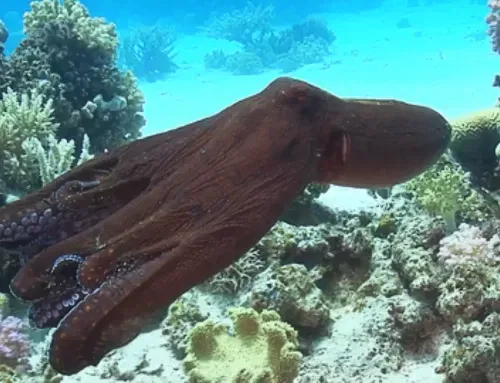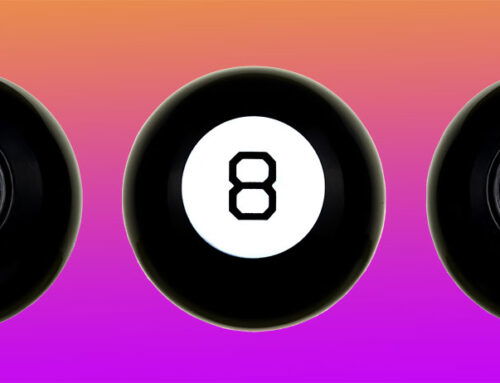
An early draft (deleted later) of my novel, Jellyfish Have Eyes, started with the discovery of a letter in which Ricardo, a champion of basic science, bemoaned rotting in jail for the dubious felony of using government funds to perform basic research considered irrelevant. Ricardo blamed the “Relevancers” – a faceless, abstract group – for his ill-fate. In the letter to his wife he writes, “At first, I did not believe that I was in serious trouble, but in retrospect I see that I had no chance. How did the Relevancers, whoever they are, gain such power? They talk of charity while they shoot to kill. Perhaps I’m too old and bitter to be objective. Did the Relevancers gain power with the approval, ignorance or indifference of society? Probably all three, although I fear indifference played a big role, probably the most dangerous situation.”
The novel is fiction and Ricardo a figment of my imagination. No one today would be jailed for performing basic research on jellyfish or anything else. But perhaps Ricardo had a relevant point about indifference, which he considered a powerful force fueled by silence, a force Martin Luther King considered an accomplice to inequity.
How to convince someone of anything who doesn’t really care enough to act? I confess to having often straddled the fence and said, “I prefer A, but not enough to put myself out. B is okay too. Whatever.”
Indifference: either way is okay, even if it isn’t. Caring is a matter of degree and a question of how personally threatened one feels by the consequence. Take climate change, for instance. It’s hard to imagine anyone truly disregarding the abundant evidence that climate change is a major threat to our way of life, yet it has an abstract quality (sadly, to many people), too distant to worry about (tragically), more a mirage than imminent reality (oh, come on!). Many care, yes, but only to the point of indifference and they don’t act to resist it until climate change continues and reaches the tipping point. Civilization as a whole suffers the consequences.
Indifference is akin to a sponge. How harmless it looks! But don’t be fooled: indifference can defy combat while it attacks like an impregnable fortress with invisible cannons. How to defeat a shadow enemy, a ghost? In sports, although not a perfect analogy, a defense dodging a direct confrontation – an apparent indifference to the attacks – can be an effective offense. Recall Mohammed Ali’s famous “rope-a-dope” technique of absorbing punches to exhaust and defeat George Foreman in the eighth round of the classic 1974 “Rumble in the Jungle” boxing match, and Arthur Ashe’s delicate lobes and soft shots to Jimmy Connor’s forehand for his stunning upset to win Wimbledon in 1975.
Hitting the bullseye requires a target. Winning a duel depends on an opponent. José Saramago’s novel, Seeing, portrays the power of casting blank ballots in political elections: withdrawal, absence of action – a form of indifference – can carry a wallop.
In a previous blog The Butterfly Effect, I suggested that any act or happenstance appearing “neutral” – that is, having no visible effect immediately – eventually will have a consequence, perhaps only indirectly, and that nothing is absolutely neutral in the long run. In a subsequent blog About ‘Nothing’; I questioned whether the concept of “nothing” sufficiently explains anything, even an apparent void, and proposed that deeper investigation will certainly reveal a more meaningful explanation. I considered that the appearance of “neutral” and the concept of “nothing” were cousins in the sense that they didn’t explain mysterious phenomena. Here, I add “indifference” as a distant cousin to “neutral” and “nothing” in the sense that it can masquerade as both a shield and a weapon.
“Neutral,” “nothing” and “indifference” – three benign signs oblivious to their importance and complexity.






Leave A Comment